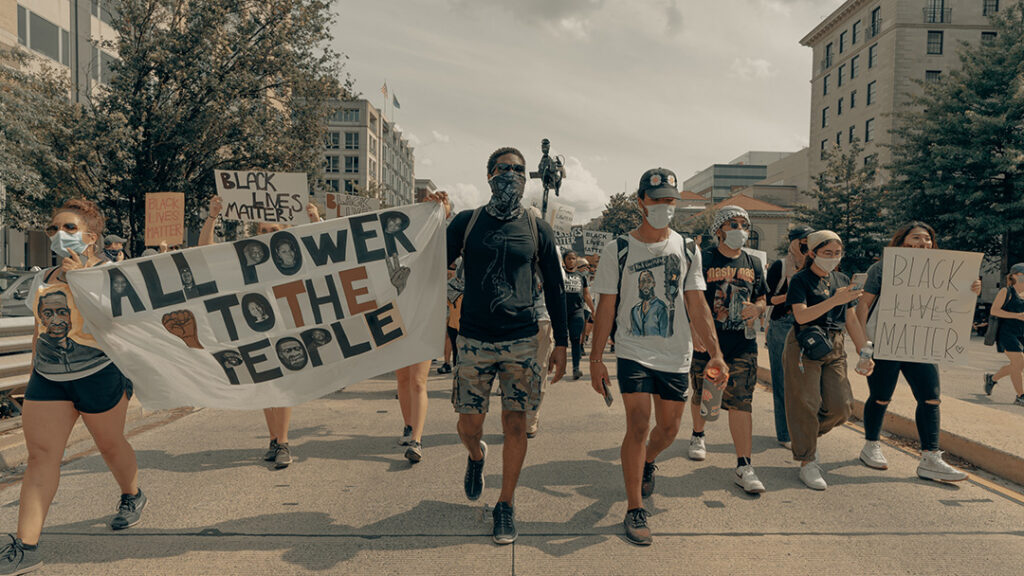Black. Indigenous. People of Color. BIPOC. Each of these terms brings up a plethora of thoughts, feelings, and experiences. They are just people. People who happen to have ancestral ties to subsaharan Africa. People whose ancestors, over multiple generations, lived in a particular part of the world before invasion or colonization. People who too often face discrimination, and violence.

#BlackLivesMatter #StopAsianHate #RacismIsAVirus
“A rose by any other name is still a rose.” Roses don’t mind what names we give them, but names matter for people. The names we give people communicate our admiration or our disdain. Names can promote acceptance, inclusion, admiration, and status, and they can strip these away. BIPOC is just one in a list of modern terminologies. Some do and some do not like it, though it is far better than when we categorized people as white and non-white, as though whiteness was the critical delineation of being human. You were white or you didn’t count. ‘BIPOC’ acknowledges Africans in the diaspora, to the original residents of all regions of the world, and ALL marginalized people of color.
Listen to the National Public Radio broadcast,
“The Journey From ‘Colored’ To ‘Minorities’ To People of Color”
The topic of the May B’more Human session is, “BIPOC: Experiences of Racism in the US.” Join us on Monday, May 17th and Tuesday, May 18th, 6:30-8 pm, for a two-part session where we explore these concepts through the eyes of our esteemed panel. Panel members include
- Maria Wong, who is originally from Hong Kong and professor of psychology at Stevenson University and a member of the Presbytery of Baltimore’s Dismantling Racism Team;
- Jannny Lora, originally from the Dominican Republic, author and member of the Hunting Ridge Presbyterian Church;
- Bolima Tafah, Elder of HRPC, originally from Cameroon; and,
- Jose Lopez-Chapa, pastor of Comunidad Presbiteriana La Trinidad, and first generation American whose family was from Mexico.
During the second session, you will have an opportunity to explore your own biases towards BIPOC, as well as join in small groups to discuss actions you can take as an individual and collectively to stop bias and hatred.
